Many people ask us if it is safe to use EO’s on cats. Even though some aromatherapists and veterinarians say it’s fine, I choose to err on the side of safety. Cats don’t have the same enzymes in their bodies as horses, dogs, or humans, so some EO’s can be very toxic to them.
I recommend diffusion, only, for cats. We sell a cold water diffuser on this site. I recommend you take the original blend we sent (8 oz bottle, such as the “Anti-Anxiety” or the “Allergy” blend), and take 2 teaspoons from it, add it to another 8 oz container filled with water, then diffuse that by pouring it into your diffuser to the fill line.
Always allow an opportunity for escape. In other words, leave the door open in the room you are diffusing in so that they can escape if it bothers them. If they seem to enjoy it, you can slowly up the amount you diffuse slowly.
We don’t recommend using any EO’s in cat’s ears since they are VERY sensitive to any oil.
One of the issues that inspired us to start “Endless Mt. Oil Blends for Pets” was the horrible amount of dangerous DIY recipes online by MLM’ers (we jokingly call them “oilers” or “kaders”). These are people who sign up as a distributor in a multi-level marketing plan and after a week, begin “playing doctor” by directing potential prospects to use certain oil combinations. These people have usually had no formal training in essential oils, let alone know the difference is using essential oils with pets. Many people were overdosing, not diluting the oils properly, and failing to apply them to get optimal results. By doing this there can be harmful, or perhaps no results at all, due to lack of knowledge. Or worse yet, when applied to certain species, neat, you can kill them. Do not “experiment” on your pet with essential oils if the person blending them has not done so under the oversight of a holistic veterinarian who understands Aromatherapy, and who understands the use of EO’s on each species.
We have been very careful, as pet professionals, to consult certified aromatherapists, veterinarians, and holistic practitioners when choosing our oils, and blending them for specific purposes and for specific species.
The easy and creative way to expose your feline friends to essential oils! THE LITTERBOX!!!
After observing outdoor cats using pine needles as their “litter box.” I began to realize all of the wonderful ways that animals would naturally expose themselves to essential oils in the “wild,” and applying essential oils to your cat’s litter box is one of the easiest methods ways to expose cats to the health benefits of essential oils. It not only replaces the toxic fragrances and chemicals found in commercial kitty litter but offers a way to provide preventive and continued health benefits from essential oils regularly.
Start with unscented kitty litter – staying within the same brand that you currently use is recommended. Add a teaspoon of your chosen Endless Mt. Oil Blend (for Felines) to 1 cup of baking soda – store this mixture within a glass jar, allow it to “marinade” and blend overnight, shaking the mixture several times. Later, you may find you can add more essential oil drops to this recipe. Starting with a small portion – sprinkle the baking soda mixture onto your kitty litter. Mix well, using a fork to blend it throughout.
Provide a separate litter box that does not contain essential oils, to make sure that your cat does not have an aversion to the essential oil that you have selected, or to allow it to get accustomed to it at its own pace. Once you are sure your cat is using the litter box with your oil selection and concentration, you can then omit the use of the “plain” litter box.
For our full line of essential oils specifically designed for safety and effectiveness in Felines click here: https://www.oliaforpets.com/product-category/cat-products/
Here are some additional tips and facts by Dr. Melissa Shelton (DVM/Aromatherapist) regarding felines and essential oils:
“The experts have a far different list of oils for cats. Hope you find this helpful to correct your article. Plus Dr. Rev. Leigh Foster is also cat expert also has a much different list -which is VERY short. good news for cats, in fact, she says only grapefruit to be avoided and only because cats are not too meaty anyway. Thank you for your newsletters. (name withheld)
Dr. Rev Leigh Foster has used… EO’s…with fabulous success. Her specialty is cats. Dr. Shelton has been asked to write a reference book and eo for animals, per one of her calls. She also did a call titled “Cats Cats Cats”. Dr. Shelton talks about some of the oils in the list like pine she makes a very good statement watching cats chewing on pine needles and why are they attracted to that it if it was toxic to them. Animals will do what they need in nature. Makes sense. I think we have to re evaluate all those things with animals as we have had to do with all that was out there like with wintergreen, as an example for us humans. (name withheld)
I have again listened to Dr. Melissa Shelton’s call “Cats, Cats, Cats” she talks alot about those oils that everyone says are “harmful” to cats. She mentions diffusing products with cloves all the time in her house which is the clinic and all her cats get regular tests and there has never been a problem. Clove is on that list. She continues to monitor and is getting some hard data. Cats are like us, they are all different.
The information I obtained about being cautious using essential oils on cats came from the book Holistic Aromatherapy for Animals by Kristen Leigh Bell, who has studied with Dr. Kurt Schnaubelt of the Pacific Institute of Aromatherapy. She cites two experts on cat sensitivities, Dr. Susan Wynn, DVM, who practices holistic medicine, and Dr. Safdar Khan, DVM, who works for the ASPCA Animal Poison Control Center. This is a quote from Holistic Aromatherapy, page 163:“The reason for this sensitivity can be found in their liver. Cats do not have the necessary enzymes to break down certain substances and effectively excrete them. This leads to a buildup of toxins in their bodies.” … “This toxin buildup does not always manifest itself immediately. Depending on the cat and what it has been exposed to, it can show up in hours, days, weeks, months, or even years.”Since I am not an expert, I would suggest that the person who disagrees with the above read the book (which has scientific explanations) and access the following internet sites for additional information and perhaps contact them for further explanations.
…Of course there is controversy and until more data and research is available there will always be disagreement. You can only make your best judgement based on the information you have and your intuition. Personally, because my pets are very precious to me, I would rather be more cautious since essential oils are extremely potent substances no matter how pure the oils are that are used. In addition, many people do not know how to properly use essential oils and therefore can cause more harm than good.The issue with using essential oils on cats is not necessarily the purity of the oils (which, of course, is very important) but the components which make up the essential oils, such as phenols and terpenes, to which cats may be highly sensitive. Kristene Leigh Bell goes on to say: “In certain clinical settings, essential oils can be used by veterinarians, and have shown themselves to have marked effects. The important issue is which oils are used, the quality of those oils, the dilution of those oils, and what the achieved effect is. I really suggest that people interested in treating their cats use products, as are represented on this webiste, formulated and diluted for safety by a holisitic veterinarian who is an aromatherapist and understands animal physiology and species-appropriate application. This is why you will see our product lines divided by species on this website. The same oils in a product for canines may not show up in felines as it may be inappropraite. Just like I would never feed onions or chocolate (no matter how organic and pure) to my dog because doing so could kill it. But onions, especially if organic, are very healthy for me!
Read more: http://essentialoilworld.com/essentialoilreviews/is-it-safe-to-use-essential-oils-with-cats/
Read more: http://essentialoilworld.com/essentialoilreviews/is-it-safe-to-use-essential-oils-with-cats/
Formulor, Donna Stanley



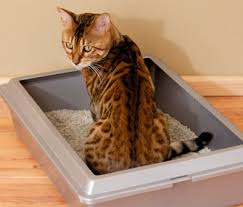
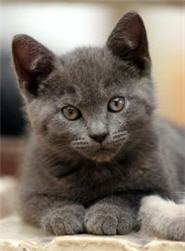
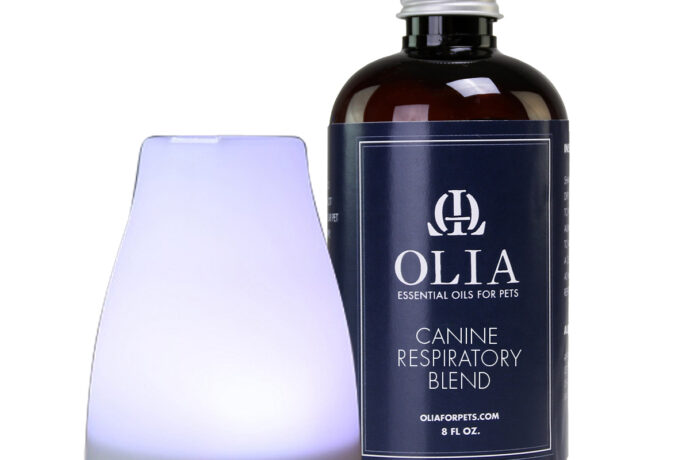
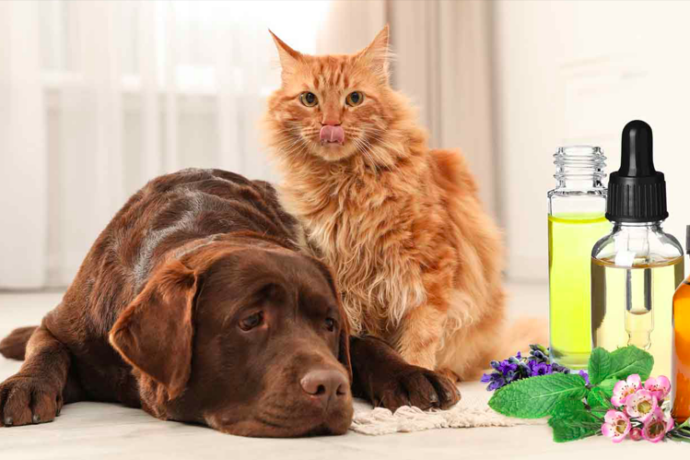




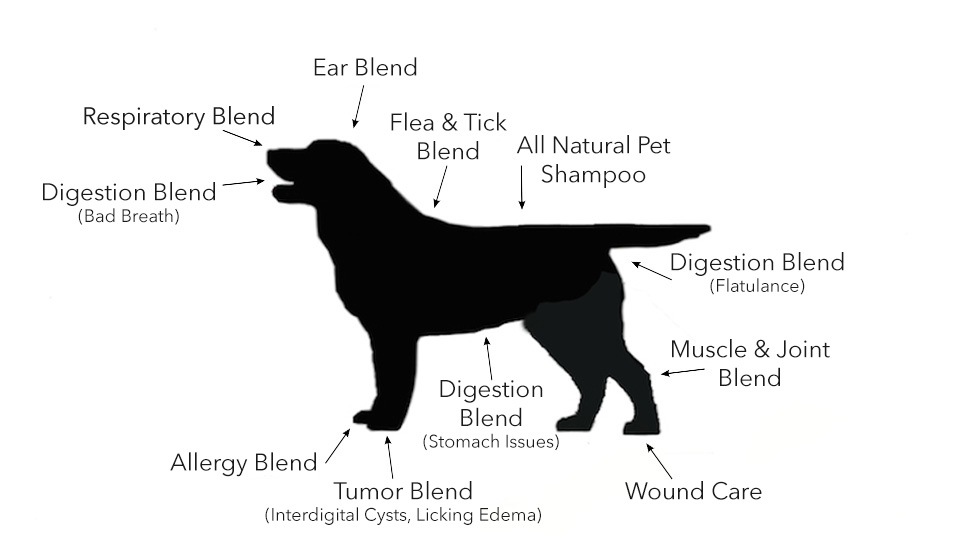

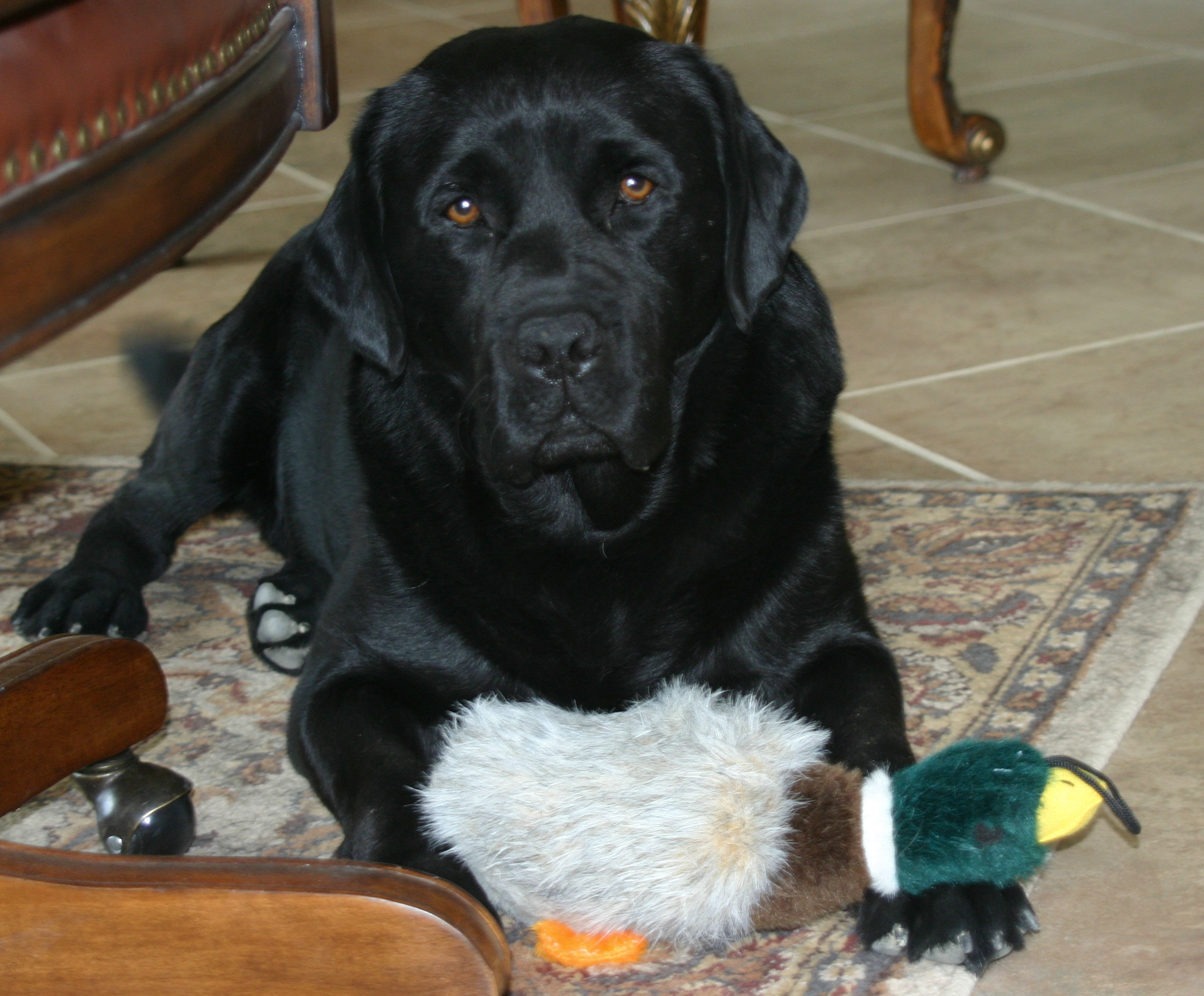

Leave a comment